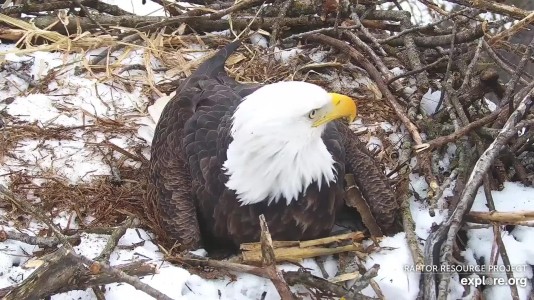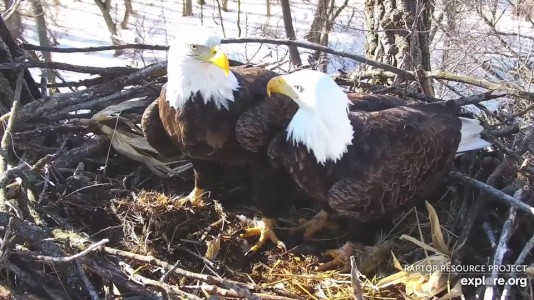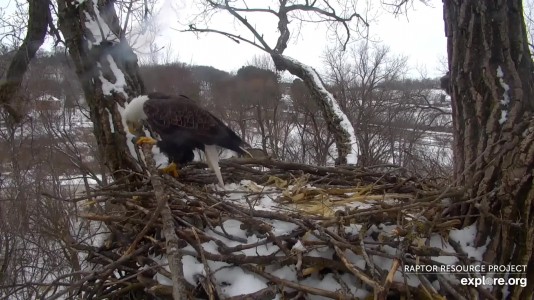The Sea Ice Returneth
/ Post by Andrew Derocher of Polar Bears International
According to the National Snow and Ice Data Center in Boulder, Colorado, the sea ice in the Arctic hit its low point on September 16. A review of the latest graph shows that the ice is now starting to re-form, as happens every autumn as cold weather returns (see chart below). Unfortunately, this year’s sea ice minimum was 18% below the previous record low in 2007 and a stunning 49% below the average for 1979-2000.
What does this mean for polar bears? It’s really hard to know but it’s not good news.
The polar bears that we’re monitoring in the Beaufort Sea have shown diverse responses. Some went screaming northwards (screaming as in speed because polar bears don’t vocalize with screams). Others went to summer in Alaska where reports suggest residents are seeing a record number of bears on land. Still others bailed to summer on land in the Canadian Archipelago.
It would be interesting to know which option was the best one. Current predictions are that the summer sea ice will melt away fully in summer within a decade or two. In the longer term, those bears that opt to head north will be making a grave mistake. We know polar bears can swim a long way but there are limits.
Looking at the ice in the Hudson Bay area, it’s rather clear that 2012 is another tough year. How quickly freeze-up comes this fall will determine how the bears fare. Unfortunately, the Canadian Ice Service is making their data less useful because they post the “mean” ice for 1981-2010 when making comparisons for 2012. This is a rather odd way to present information when you know the ice is declining year over year. It’s rather like explaining to the police officer who just pulled you over for speeding that your average speed is only half of the number they’re accusing you of because you’re not moving at all now. Try to take that one to court!


